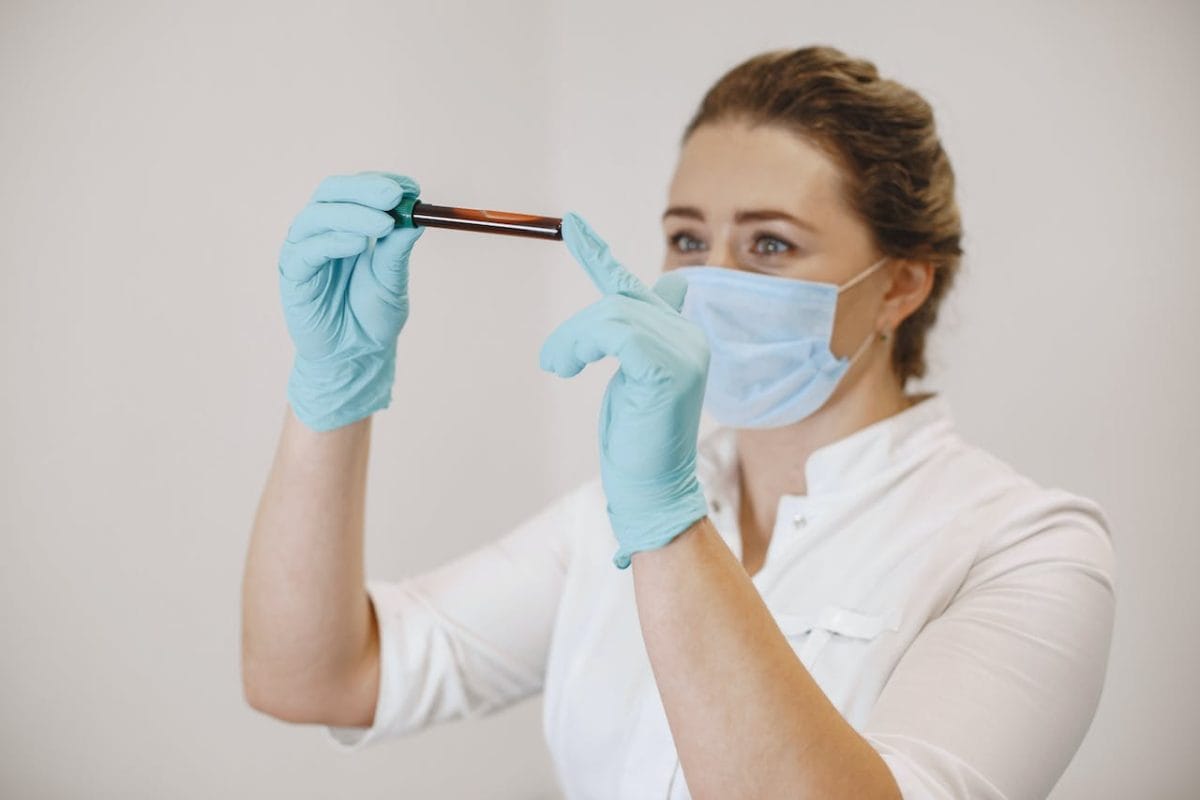As your medical staff works to save lives and limbs, it shouldn’t come at the cost of their safety. Any medical practice however small must also ensure that the people handling frontline and back-office work are protected at all costs.
As a practitioner yourself, it’s your ethical duty to provide a safe working environment for your medical staff. From nurses to maintenance workers, you must minimize the risks they face each day, whether it’s a potential slip-and-fall accident or indirect exposure to pathogens. Here’s a guide to help you elevate the safety factor of your practice so your staff will always be ready when duty calls:
- Review occupational safety laws
Healthcare facilities are prone to accidents. A visit to the emergency room of any hospital will show you just how chaotic it can get with nurses and doctors walking on floors drenched in chemicals, blood, and other fluids. Even if your practice doesn’t deal with grave injuries, it’s still important to follow local laws on workplace safety.
The Occupational Safety and Health Administration (OSHA) has a set of guidelines you will need to comply with, such as ensuring the containment of bloodborne pathogens, installing safety exits, eliminating asbestos hazards, and others.
- Emphasize sanitation and personal hygiene
In the healthcare industry, following proper sanitation and cleanliness standards is considered the bare minimum. You are not allowed to run your practice if you don’t meet such standards, but not all facilities comply with this most basic rule.
The Centers for Disease Control and Prevention specifically highlights the need for hospitals and other healthcare facilities to set up WASH areas that provide immediate access to clean water. There should also be proper receptacles for infectious waste and guidelines on handwashing for nurses and doctors.
Regularly sanitizing your facility is also part of your WASH initiatives, so draft out cleaning protocols when it comes to handling patients with contagious diseases and preparing surgical tools.
- Keep your machines in working order
Accidents can happen, especially in dental clinics and other medical practices that conduct invasive surgeries. Many of these may be caused by faulty and poorly maintained equipment.
Not only do these cause patient injuries (the basis for a malpractice claim), but they can also cause major harm to the medical staff handling these tools at which point they are entitled to workers’ compensation. Consider setting up a maintenance schedule for all of your devices, including external defibrillators, drills, saws, and other tools.
- Train your staff and track compliance
Many accidents within healthcare facilities are caused by human error, so it’s important to let your staff know that they play a vital role in keeping themselves and each other safe. Once you have set up your WASH protocols, monitor compliance using a checklist. It’s also important to require your staff to wear and properly store away personal protective equipment if they’re directly exposed to patients with infectious diseases. In addition, you should also train your staff to respond to emergencies such as a fire.
Endnote
While providing care to your patients, your practice shouldn’t neglect the need to keep your staff safe as they perform their duties. Focus on these safety tips and build a practice that values your medical workforce!
